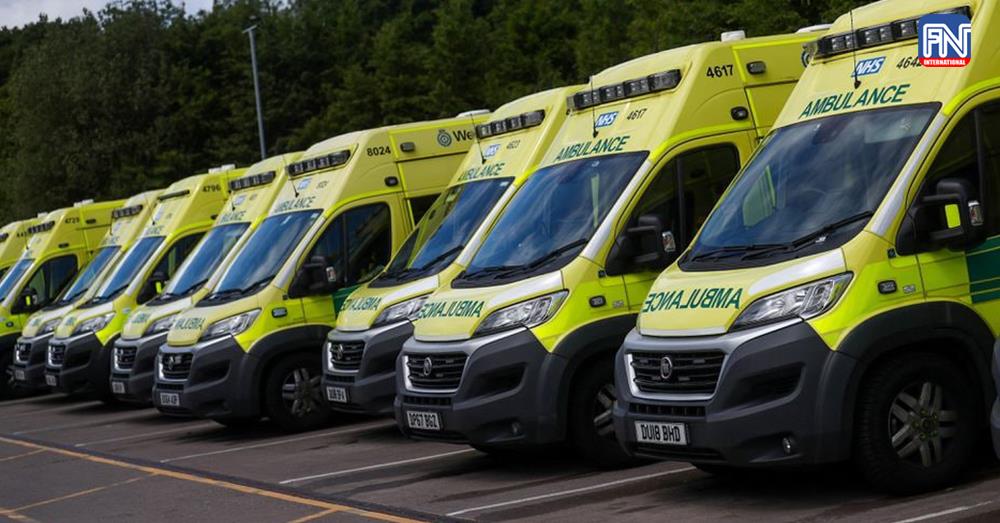LONDON, Dec 21 (AFP) - Thousands of ambulance workers in England and Wales will strike over pay on Wednesday, increasing the strain on a state-funded health service a day after nurses walked out, with hospital bosses saying the action would put patients at risk.
The government said the "deeply regrettable" strike would result in fewer ambulances on the road.
Health and Social Care Secretary Steve Barclay said the National Health Service (NHS) would prioritize those with life-threatening needs.
"My message to the public is to take extra care tomorrow and plan your activity accordingly," he said. "You may also want to check up on more vulnerable friends, family and neighbours."
The GMB Union has said pay in the health service has fallen 17% in real terms since 2010, while demand for ambulances has risen 77% in the same period.
Rachel Harrison, the union's national secretary, said the government could solve the dispute at any time.
"We have tried everything to raise pay, the issue that is causing this dispute, but the government will not listen and will not talk," she said in a statement on Wednesday.
"Ambulance workers – and the public – deserve better. The government needs to talk pay now."
An independent pay review body has awarded more than 1 million NHS workers a pay rise of at least 1,400 pounds ($1,704), equating to an increase of at least 4% for most ambulance staff, according to the government.
Unions have asked for a rise above inflation, which stood at 10.7% on the consumer price measure in November.
The NHS Confederation, which represents national health service organisations, said the strike risked patient safety.
"We cannot guarantee patient safety, we cannot avoid risks in the context of this industrial action," chief executive Matthew Taylor told BBC radio on Tuesday.
The army has been put on standby to help drive and direct emergency vehicles, but soldiers will not have all the powers that regular ambulance drivers have to respond or provide clinical care.
